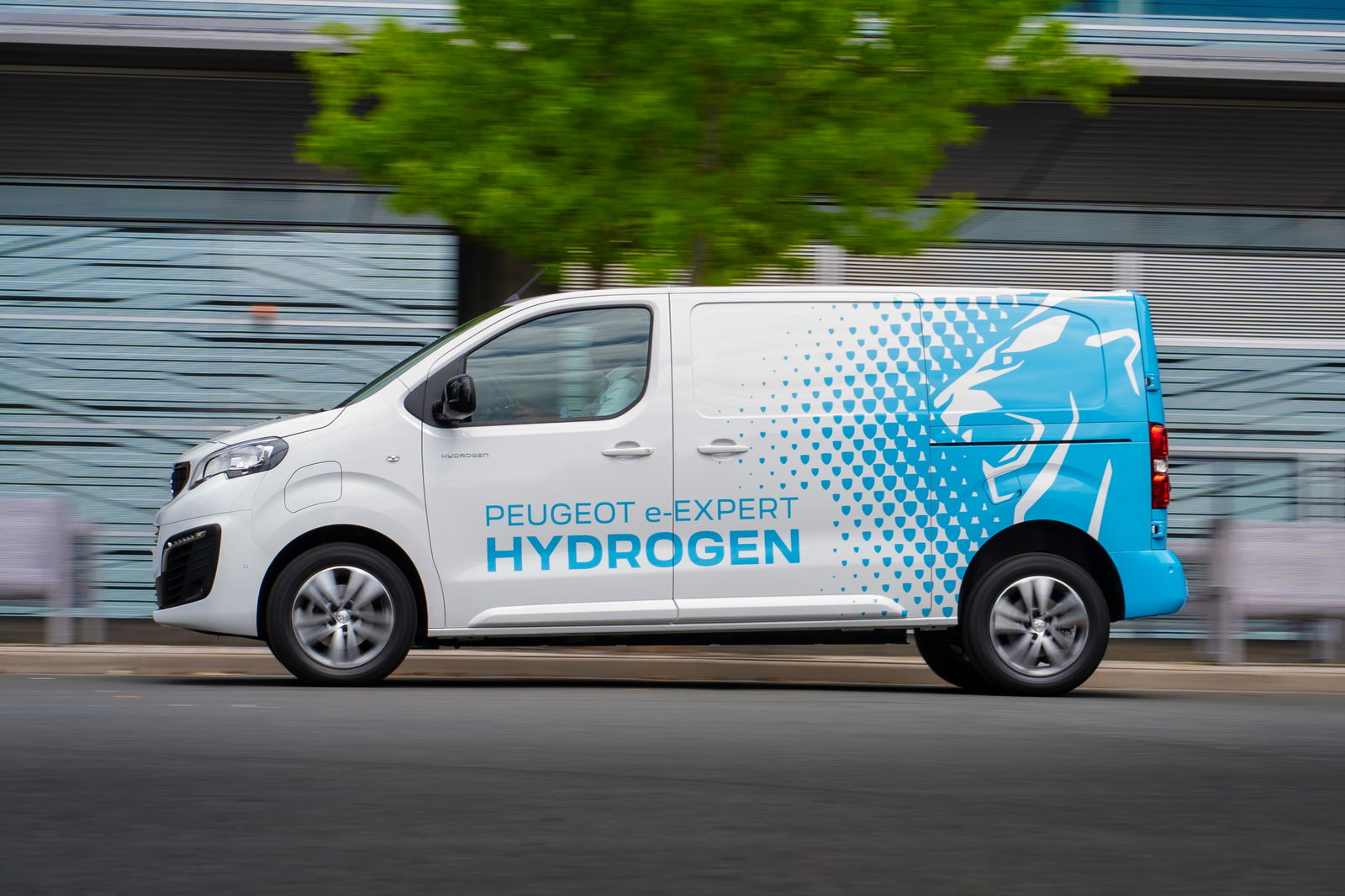General Motors has called time on in-house development of hydrogen fuel cell-powered vehicles through its Hydrotec brand, due to low market demand and clear consumer focus towards EVs.
In a media release, GM said it would instead leave hydrogen fuel cell development for its joint venture with Honda, Fuel Cell System Manufacturing LLC, which is aimed at producing the technology for data centres and power generation.
“While hydrogen holds promise for specific high-demand industrial applications like backup power, mining, and heavy trucking, the path to reaching a sustainable business in fuel cells is long and uncertain,” GM said.
“High costs and limited hydrogen infrastructure in the US has limited consumer adoption of fuel cell-powered vehicles. According to the US Department of Energy, only 61 hydrogen refueling stations exist nationwide, compared to more than 250,000 Level 2 or faster electric vehicle charging locations.”

With these figures in mind, GM said it would instead “concentrate R&D and capital resources on batteries, charging technology, and EVs – which have clear market traction, rather than on hydrogen, which has yet to fulfill its potential”.
FCEVs have been adopted in significantly smaller numbers than EVs globally, thanks in part to incentives and infrastructure support for the latter. The Toyota Mirai and Hyundai Nexo stand as two of the very few mainstream FCEVs available.
In 2023, US FCEV sales didn’t even surpass 3000 deliveries. Though the upcoming launch of an FCEV Honda CR-V could change this, it’s unlikely to sway the backwards momentum for the technology.

GM also isn’t the first big brand to back down from hydrogen this year, with Dutch automotive conglomerate Stellantis in July announcing it would end development of FCEVs, citing a lack of demand and infrastructure.
At the time, Stellantis said in its media release that it “does not anticipate the adoption of hydrogen-powered light commercial vehicles before the end of the decade”, due to “limited availability of hydrogen refuelling infrastructure, high capital requirements, and the need for stronger consumer purchasing incentives.
Despite this, BMW and Toyota have doubled down on the technology recently, and have been working together to develop FCEV related systems.












Discussion about this post